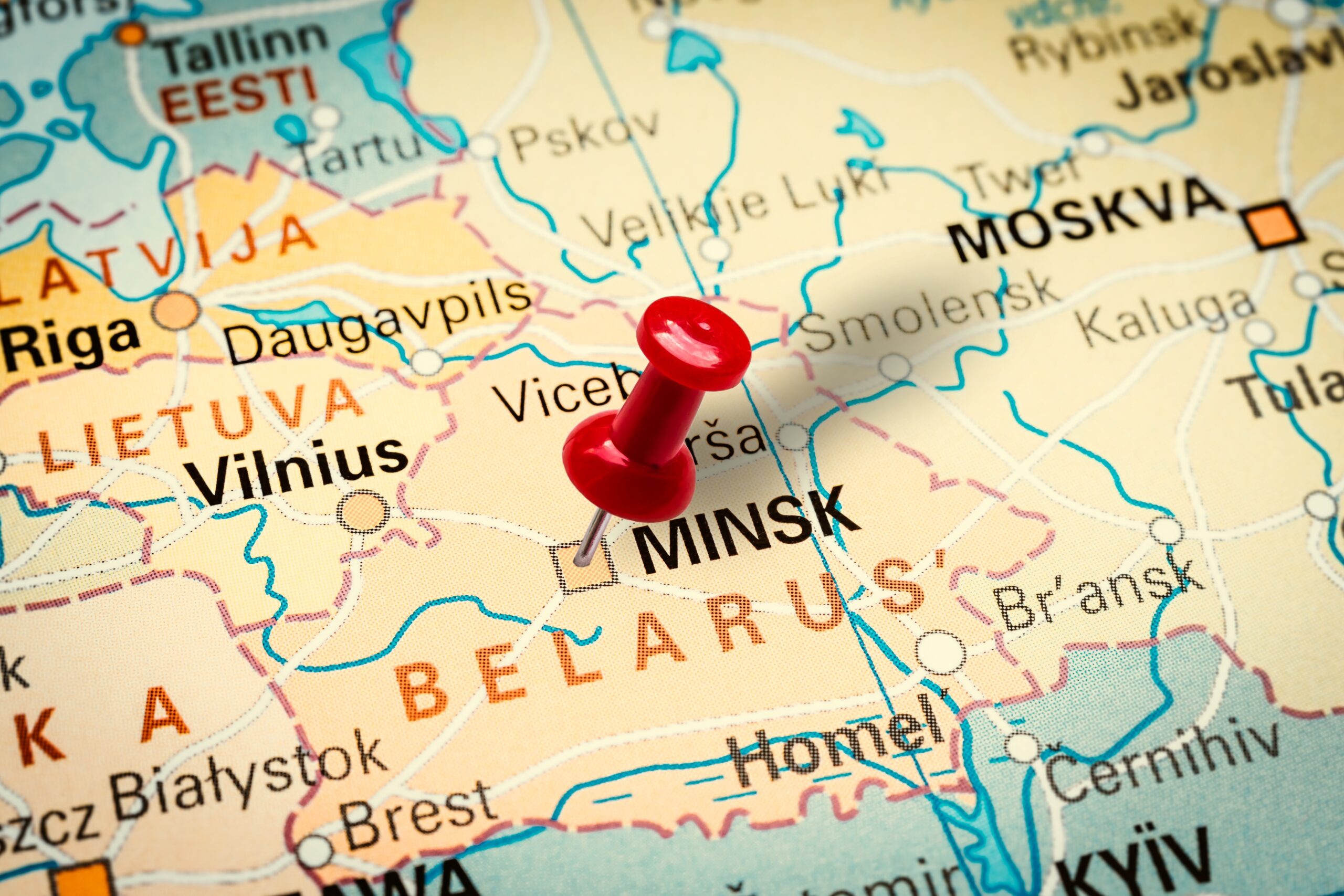« Selon un décret publié mercredi 18 mars, la Biélorussie a introduit la peine de mort pour préparation d’attentat et pour « tentative d’acte de terrorisme ». Jusqu’à présent, seules les personnes qui avaient en effet commis un tel acte étaient passibles de la peine de mort. Selon un article au « Figaro » du 18 mai 2022, ces nouvelles dispositions entreront en vigueur vers la fin du mois de mai. La ‘leader’ de l’opposition Svetlana Tikhanovskaïa, ainsi que les opposants au régime du président, y voient une menace et une attaque directe, visant à étouffer toute expression de divergence d’opinion et de révolte.
Dans ce contexte, j’aimerais poser les questions suivantes à Monsieur le Ministre des Affaires étrangères et européennes :
- Comment Monsieur le Ministre évalue-t-il cette extension de la disposition permettant un recours à la peine de mort en Biélorussie ?
- Est-ce que l’Union européenne envisage d’entamer des démarches dans ce contexte ?
- Dans l’affirmative, lesquelles ? »
Answer
Comment Monsieur le Ministre évalue-t-il cette extension de la disposition permettant un recours à la peine de mort en Biélorussie ?
La Biélorussie est le seul pays européen à pratiquer encore la peine de mort. L’extension de la peine capitale à des « tentatives d’actes de terrorisme » constitue une évolution des plus inquiétantes dans ce pays, parce qu’avec cette notion, juridiquement vague, le régime se donne les moyens de supprimer des opposants politiques sous le couvert de la légalité. Le Luxembourg, comme tous les Etats membres du Conseil de l’Europe et de l’Union européenne, est opposé à la peine capitale, quelles que soient les circonstances.
Est-ce que l’Union européenne envisage d’entamer des démarches dans ce contexte ? Dans l’affirmative, lesquelles ? Suite aux élections tronquées du 9 août 2020 et à la détérioration de la situation politique et sécuritaire en Biélorussie, l’UE a réduit sa coopération bilatérale avec les autorités biélorusses, tout en accroissant son soutien au peuple et à la société civile biélorusses. Au lendemain de l’approbation de l’Assemblée nationale de l’amendement au code criminel en question, le Service européen d’action extérieure a publié une déclaration condamnant fermement cette décision.






